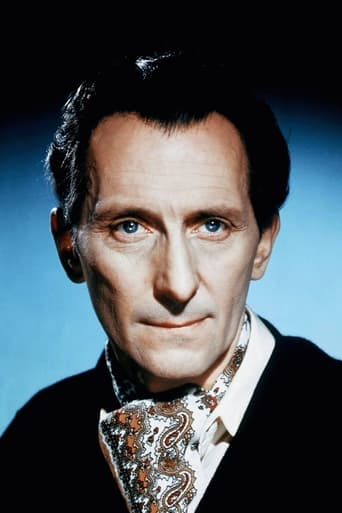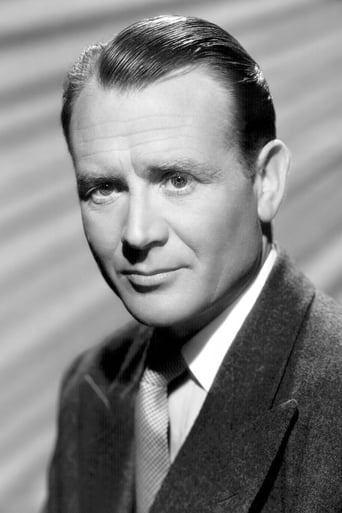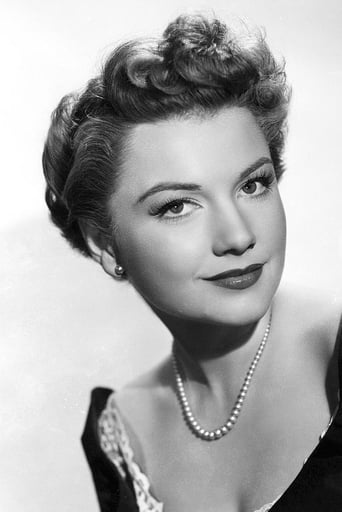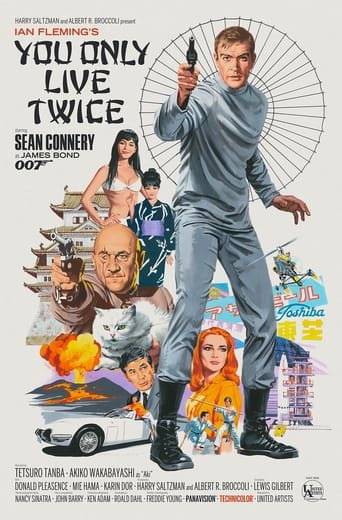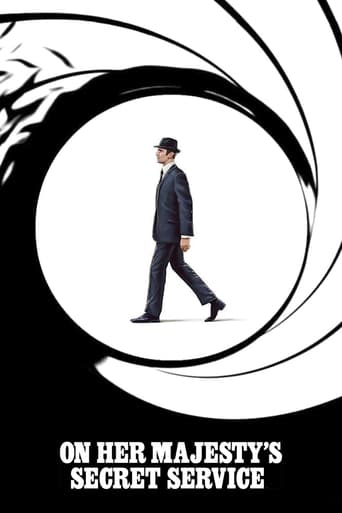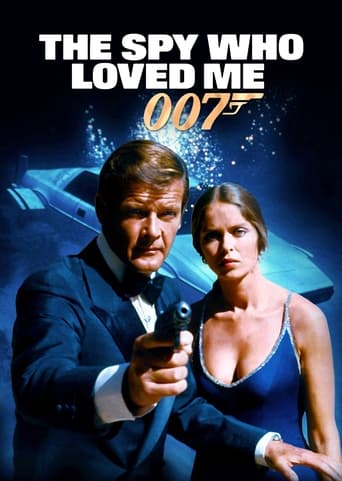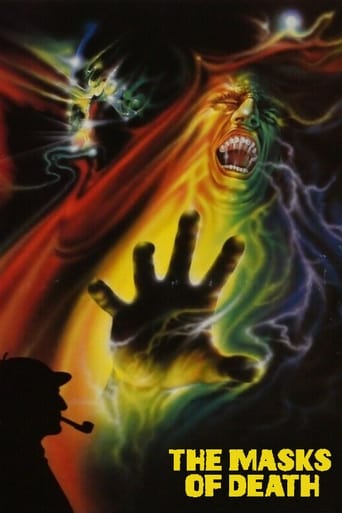
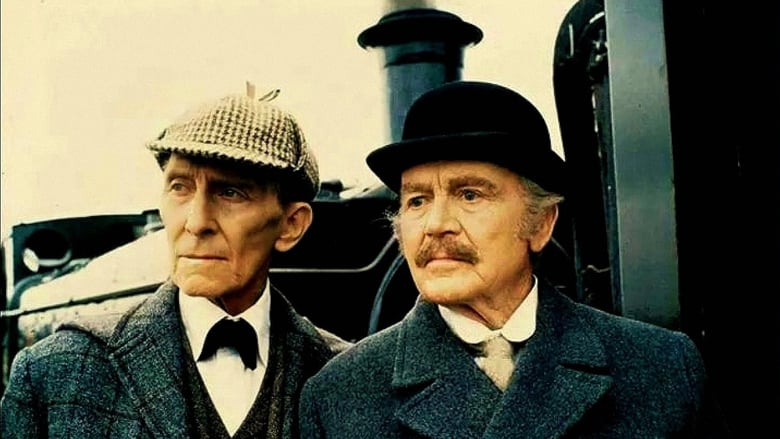
The Masks of Death (1984)
Sherlock Holmes has retired. But when MacDonald asks him to take on another case, he says yes. There have been some mysterious murders, and there are no visible causes for the deaths. At the same time Holmes gets this case, Graf Udo Von Felseck gives him another case: find a young and missing prince to prevent war between Germany and England. But Von Felseck is not as honest as he seems...
Watch Trailer
Cast
Similar titles
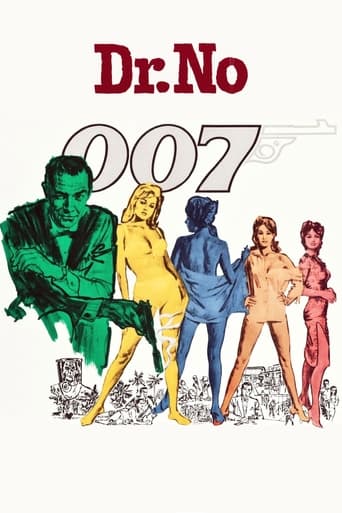
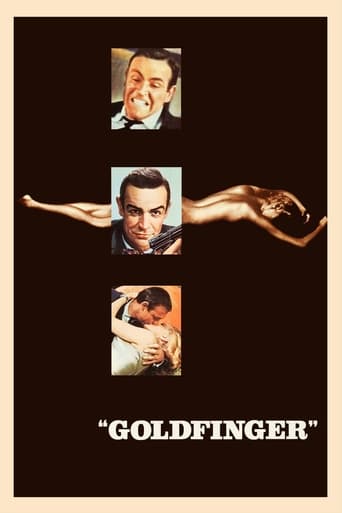

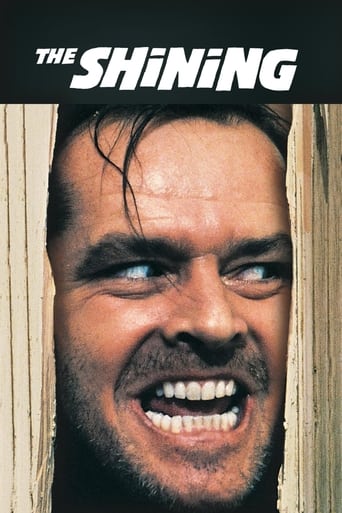
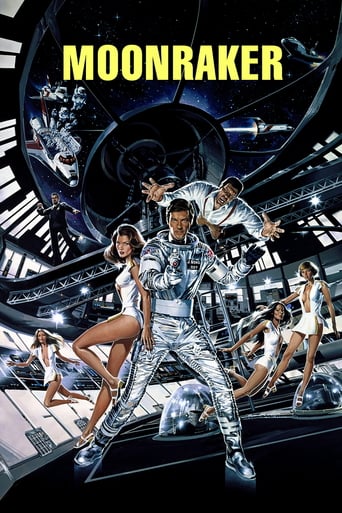
Reviews
There are better movies of two hours length. I loved the actress'performance.
The film makes a home in your brain and the only cure is to see it again.
At first rather annoying in its heavy emphasis on reenactments, this movie ultimately proves fascinating, simply because the complicated, highly dramatic tale it tells still almost defies belief.
While it doesn't offer any answers, it both thrills and makes you think.
All star television presentation brings back the great Peter Cushing returning to the part of Sherlock Holmes as he and Dr. Watson(..played here by John Mills)attempt to solve a baffling mystery concerning three dead bodies with no apparent physical damage that could've caused death. The bodies' faces appear to have a look of fright so Holmes and Watson search the abandoned White Chapel district looking for possible clues, finding a hideous drunken hobo who tells them of demons in the area. Meanwhile, Holmes is visited by England's Home Secretary(Ray Milland)who begs for his assistance in finding a missing German of great importance, a special guest supposedly staying at the rented estate of Graf Udo Von Felseck(Anton Diffring) which could start a war between their two countries(England and Germany)if he isn't found. After uncharacteristic mistakes(..including threats against his life), Holmes uncovers a diabolical plan, which may very well involve Felseck in an attempt to cause the very war the Home Secretary wishes to avoid. Anne Baxter(..in her last film)has a nice role as "the WOMAN", Irene Adler, an American of German descent, who was able to defeat him in the past. She a potential suspect within the curious plot involving Felseck.I must admit that I was hoping for something more substantial when I purchased this, but seeing Cushing in the role of Holmes once again was thrilling enough. It's also fascinating seeing Cushing, as a much older gentleman, as Sherlock Holmes, both men in the twilight of their careers taking on one last case. The most painful thing about this film was that it seemed to end so soon. I was like, "That's it! Oh, no, don't let it end!" That's how much I loved his performance. As Sherlock Holmes in this particular film(..more interesting than perhaps the case itself)was seeing him as imperfect and flawed. Through making certain mistakes he wouldn't have as a younger man, Holmes does succeed in figuring out the case. Cushing gets to don two disuises, both of which lend a great deal of support to his staying alive and escaping others idenitfying him. And, the identifiable traits are added so that we couldn't forget the details of the character, such as his pipe, violen, and suit/hat. I, like a lot of folks who may've watched this, did wonder how one case(..regarding the trio, soon a fourth victim, who were found dead)correlated with the kidnapping plot, but it all has a connection, of course, revolving around the potential horror of a German-British war, which certain sinister figures probably wanted due to a brilliant plan which could've worked had not the Baker Street Sleuth been involved. Mills lends a great deal of support to Holmes as Watson, a man who would follow his partner anywhere, more than happy to lend a helping hand when necessary. I thought the pair(Cushing and Mills)made a wonderful, endearing duo, two older gents who had been a part of many difficult, life-threatening cases, at it one final time.The film has Watson publishing Holmes memoirs to a writer narrating the "Masks of Death" case. Superb cast joining Hammer scribe Anthony Hinds and director Roy Ward Baker. Such a collaborative effort from so many recognizable names provides THE MASKS OF DEATH with an allure. Sadly, for me anyway, Milland is only in one scene, begging for Holmes assistance in solving the mystery behind a kidnapping. Anton Diffring, an actor who just never received the respect he deserved, ably fulfills his role as a suspicious character, equipping Felseck with an air of mystery, yet also providing him a degree of sophistication and manners..a polite, yet dubious fellow who is talented enough to skillfully hide his evil intent. Baxter, still quite lovely as her life was nearing an end, plays off of Cushing especially well..she provides Adler with enough debatable qualities that you're never sure what is up her sleeve, or if there's a scheme at all. Adler, thanks to Baxter, has a charm about her, for sure, but there's an uncertainty that she pulls off that adds to the film. I couldn't help but think back to her performance in ALL ABOUT EVE because the character of Eve had such sneaky qualities as well, a certain ability to project a person who may or may not have ulterior motives to benefit her own well being. I think Baxter proves why her Adler was indeed able to out-best Holmes once before. I wanted more of Adler and Felseck, but THE MASKS OF DEATH had a rather flimsy plot which didn't provide much time for all the characters to evolve. Still, it was such fun to see all these actors together even if for such a short amount of time on screen. Somber experience for me knowing that most of the cast have now left us because such talent was certainly appreciated. I would hate to not mention Gordon Jackson as Inspector Alec MacDonald, of Scotland Yard, who comes to the retired Sherlock Holmes, wondering if he'd help solve the case of the three dead men found around White Chapel. 70 or so minutes is just too short, sigh, but alas..
A request by Scotland Yard inspector Gordon Jackson for help from the now retired Sherlock Holmes about some very mysterious deaths of men being found in the Thames River brings the famous detective back to Baker Street. The celebrated detective and his companion Dr. John Watson now spend a lot of their time in the countryside just gathering their notes together for the ultimate Holmes memoir.The Masks Of Death brings Peter Cushing to his second portrayal of Sir Arthur Conan Doyle's famous sleuth. He had previously played him in the Hammer Film production of The Hound Of The Baskervilles. In this film John Mills is Doctor Watson who also narrates.The Masks Of Death is not based on any Conan Doyle story and the reason is pretty clear. After Holmes and Watson go to work on this case, the Home Secretary played by Ray Milland asks for Holmes's help in a case of national importance. Accompanying Milland is German gentleman Anton Diffring. They allege that a prince of the royal Hohenzollern blood has been kidnapped while traveling incognito in Great Britain. We've got to find him before anything else period. Milland plays a member of the cabinet who wants to stop an impending German/British war at all costs.In fact in the cabinet of Herbert Asquith back in the day, the Minister for War, Lord Haldane was a man doing just that and his pro-German views were the basis for his dismissal. I doubt Arthur Conan Doyle would have been libeling Lord Haldane back in those days. And it would have been libel for what eventually Holmes uncovers.Baker Street purists will scoff at this one. It wasn't however a bad film for Peter Cushing. Anne Baxter is on hand as well in one of her last roles as a mysterious German/American woman who Holmes can't quite trust. He suspects, heaven forfend, she's a suffragist.What the two cases have in common might surprise the viewer. If carried out it would have been the crime of the last century.
The Masks of Death is a real coming together of classics. First of all, we have the fact that the film is based on the classic Arthur Conan Doyle character of Sherlock Holmes (albeit it an aging version of the character), then we have the fact that the film is directed by the great Roy Ward Baker; a name that fans of classic British horror will recognise instantly, and perhaps most important of all is the presence of one of the finest British actors ever to grace the silver screen - the great Peter Cushing in a reprisal of the iconic role that he last played in 1968. The story is not a Conan Doyle original, but still focuses on his most famous character. Sherlock Holmes has been called in to investigate three bodies that have mysteriously turned up in the Thames. It's not into the investigation before he is called to investigate another case; that being the investigation of a German prince that mysteriously disappeared. However, shortly into his second case; Holmes begins to suspect that something more sinister may be afoot.What sets this film apart from almost every other Sherlock Holmes film ever made is the fact that this one shows the character in his twilight years. Holmes is in retirement and he's not quite his usual sharp self and even shows some failings on a number of occasions. One of the main things that is liked about the character is his sharpness and keen eye for detail; but even so, The Masks of death has to be admired for daring to do something a little different. And who better to portray this aging Holmes than the great Peter Cushing? Cushing would have been seventy years old at the time of filming and still manages to inject his usual verve and screen presence into what would turn out to be his penultimate screen role. Roy Ward Baker certainly knows how to direct and does a good job here as the film moves swiftly and the shots of a dingy London are very well done. Cushing receives good support from the likes of John Mills, Anton Diffring and Ray Milland too, which is nice. It does have to be said that this isn't the most interesting Holmes story ever put on the screen; but its well worked and entertaining and the ending is intriguing and imaginative.
The year is 1926 and the place is a sitting room in London. An elderly gentleman is preparing to dictate a story to a young stenographer, a story which had until recently been kept a top secret by the British government. It concerned a situation which could have led to the excruciating deaths during The Great War of untold thousands of Londoners. Sitting nearby, smoking his pipe and reading the London Times, is the irascible old man who is the subject of the story. The gentleman getting ready to dictate (arthritis makes it difficult to write nowadays) is, of course, Dr. John Watson. His subject is the man he has known and assisted for nearly half a century, Sherlock Holmes. In 1913 Sherlock Holmes (Peter Cushing) had been long retired. He had spent some time tending his bees in Sussex but eventually returned to 221B Baker Street. There he resumed sharing quarters with his old friend and Boswell, the long-widowed Watson (John Mills). Unexpectedly, he is asked by Scotland Yard Inspector Alan MacDonald (Gordon Jackson) for unofficial assistance on a puzzling case which has stumped the police. A body has been found in the Thames with an excruciating grimace frozen on its face. There is no sign of foul play. Holmes is intrigued and he and Watson go to the morgue to examine the unfortunate man. Before long, another body turns up, another grimace frozen on its face, and this time its throat has been slit. The man was a derelict Holmes had spoken to only hours after he and Watson had left the morgue. Then an even stranger case develops. The Home Secretary himself (Ray Milland) visits 221B Baker Street along with a mysterious foreigner, who almost instantly Holmes identifies as the Graf Udo von Felseck (Anton Differing). von Felseck had been visiting England, along with a young man of high German birth on a secret mission. Now, the young man has been kidnapped from von Felseck's English estate. The Home Secretary pleads with Holmes as a matter of state importance to drop everything and locate the kidnapped victim. The game is now afoot. In the next few days the elderly Holmes with Watson by his side will don disguises, encounter threats, escape attempts on his life and, completely unexpectedly, meet once more Irene Adler (Anne Baxter). She is one of only four people who ever bested Holmes, and the only woman to do so. He holds her in suspicious respect. At one time, it might even have been something more. Of crucial importance, Holmes uncovers a fiendish plot to cripple Britain should war come. This TV movie is nostalgic on many levels. It has its faults -- the plot is a bit too complicated, a major character simply disappears with a smile over the shoulder at us, the production at times seems to lumber along. But, if you're fond of Sherlock Holmes and of a good pastiche, if you enjoy Peter Cushing, if you appreciate other aging but skilled actors, you might like The Masks of Death. I did. Most of us know now that Holmes was born on January 6, 1854 of Siger Holmes and Violet Rutherford. He was 72 when we meet him in 1926 and 59 at the time of this case. The actor who plays him, Peter Cushing, was 69 when this story was finally filmed. John Mills was 76. Cushing looks his age. He is as lean as a stick, with sunken cheeks, thin lips and not an ounce of fat on him. He gives us a Holmes who has aged physically, who uses a walking stick and not just carries it, who becomes impatient quickly and shows it. He still has a brilliant mind and a memory which has not dimmed. Mills gives us a Watson who is spry and brave, who may nearly always be a deduction or two behind his friend and who remains loyal and steadfast. When Holmes turns to Watson after a momentary brusqueness and says, quite sincerely, "You are my only friend, Watson," you know Holmes means it...and that it is true. For another look at how good Cushing can be playing Holmes, check out 1959's The Hound of the Baskervilles. Will there be any more stories of Holmes in retirement? Probably not unless they are fiction. John Watson in 1887 approached a London literary agent to assist in getting the first account published of his friend's unique methods to uncover malefactors. That agent, a man named Conan Doyle, subsequently saw to it that all of Watson's other accounts were published. But Conan Doyle died in 1930. However, for those who enjoy fiction rather than true cases, much still is available.
